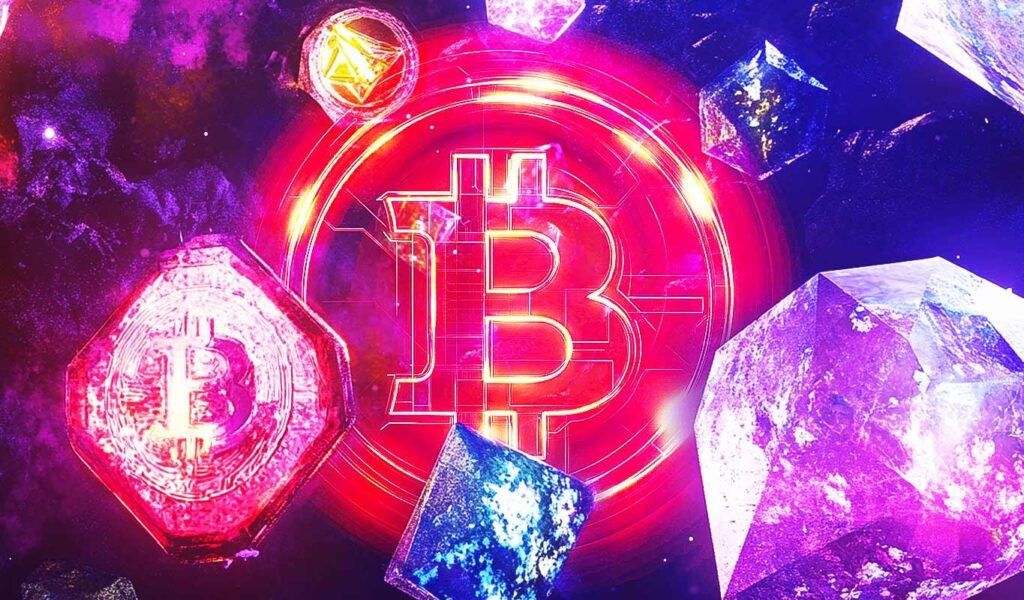The government of El Salvador has significantly increased its daily Bitcoin purchases recently. The Central American country began buying one Bitcoin per day in November 2022, following the collapse of the crypto exchange FTX. Last Friday, El Salvador purchased over 11 BTC, equivalent to $1.07 million, and made another 11 BTC purchase on Sunday. This move was spearheaded by BTC advocate Max Keiser, who serves as the senior Bitcoin advisor to President Nayib Bukele. Bukele aims to acquire an additional 20,000 Bitcoins through these purchases.
These increased Bitcoin purchases come after El Salvador secured a $1.4 billion loan facility from the International Monetary Fund (IMF). The IMF stated that the loan is expected to catalyze a total of $3.5 billion in financing from the World Bank and other international financial institutions. However, in exchange for this financial assistance, the government of El Salvador has agreed to limit its crypto efforts. This includes making the acceptance of Bitcoin by the private sector voluntary and confining the public sector’s engagement in Bitcoin-related activities.
Furthermore, taxes in El Salvador will only be paid in US dollars, and the government’s participation in the crypto e-wallet Chivo will gradually be phased out. The IMF also highlighted the importance of enhancing transparency, regulation, and supervision of digital assets to protect financial stability, consumer and investor protection, and financial integrity. Despite these limitations, El Salvador seems determined to continue its Bitcoin purchases, showing a commitment to increasing its cryptocurrency holdings.
It is noteworthy that El Salvador’s growing interest in Bitcoin has garnered attention internationally, especially with the significant increase in daily purchases. The country’s push for digital assets as part of its economic strategy has raised eyebrows and generated discussions within the crypto community and beyond. With figures like Max Keiser actively promoting Bitcoin adoption within the government, El Salvador is positioning itself as a notable player in the world of cryptocurrencies.
The recent actions taken by El Salvador reflect a bold and unconventional approach to economic policy, particularly in the realm of digital currencies. By ramping up its Bitcoin purchases, the country is not only expanding its cryptocurrency portfolio but also sending a strong message to the rest of the world. As El Salvador navigates the complexities of integrating Bitcoin into its financial system, it will be interesting to observe how this experiment unfolds and whether it will serve as a model for other nations looking to embrace digital assets.
In conclusion, El Salvador’s decision to increase its daily Bitcoin purchases signifies a significant shift towards cryptocurrency adoption at the governmental level. With support from key figures like Max Keiser and President Nayib Bukele, the country is forging ahead with its digital asset strategy, despite facing certain limitations imposed by international financial institutions. As El Salvador continues to make headlines with its pro-crypto stance, it remains to be seen how this bold experiment will impact the country’s economy and influence global perceptions of Bitcoin and other cryptocurrencies.

